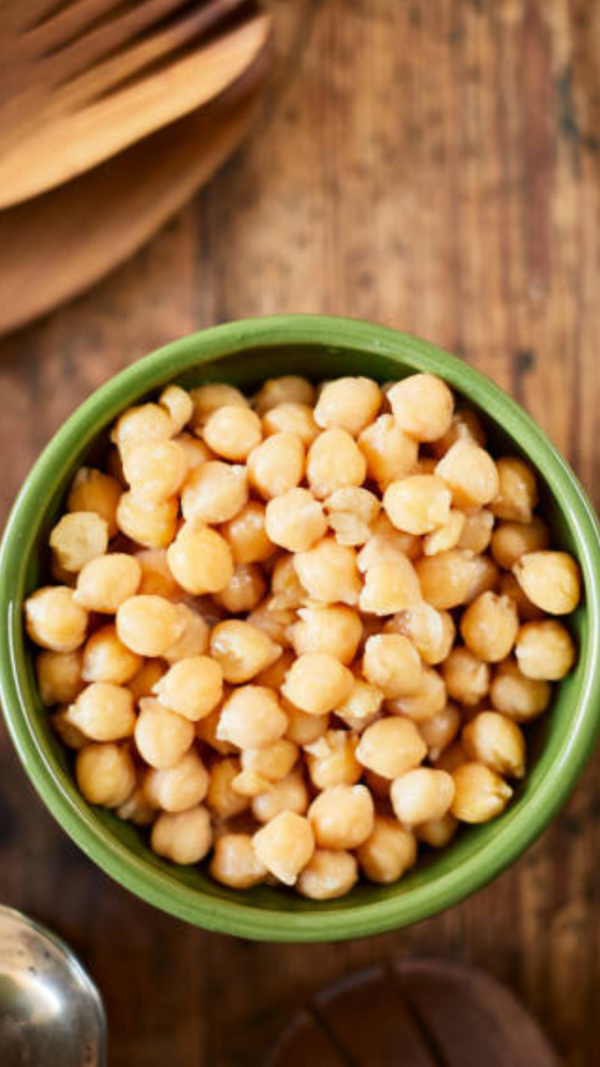Shlokas for children: 6 simple Navratri prayers for strength and success

Encourage kids to chant shloka
Shloka is a very important part of life, especially for children. Chanting shloka instils values and virtues in young minds. It helps to enhance the memory and concentration of a child. The rhythmic way of recitals trains the mind to concentrate; thus, helping develop cognitive skills and improve academics. Shlokas carry moral messages of compassion and discipline. Through constant recitation of these holy lines, the child unconsciously absorbs patience, humility, and a sense of respect for fellow human beings. Chanting shlokas develops communication and enhances language skills.
Shloka chanting can also be a very soothing exercise. It introduces children to the concept of inner peace and emotional stability, enabling them to cope well with stress and anxiety. In essence, it can set them on the right path with a well-rounded, disciplined life, with values at its core. This is indeed another great tradition to be passed on to young minds.
As the auspicious celebration of Navratri has begun, school and college going kids should be encouraged to chant shloka. Here are five shlokas that students should chant:
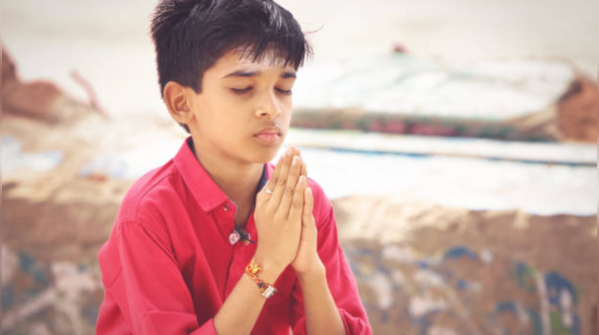
For overall well-being
"Rupam Dehi Jayam Dehi Yasho Dehi Dvisho Jahi"
The verse "Rupam Dehi Jayam Dehi Yasho Dehi Dvisho Jahi" is a plea to the divine, seeking blessings for various aspects of life. Rupam Dehi requests beauty or form, emphasizing the importance of attractiveness and charm. Jayam Dehi asks for victory, symbolizing the desire for success in endeavors and overcoming challenges. Yasho Dehi seeks fame and reputation, reflecting the aspiration for recognition and honor. Lastly, Dvisho Jahi implores the divine to eliminate enemies or negativity, promoting peace and protection. Overall, this verse expresses a deep yearning for physical, emotional, and spiritual well-being, emphasizing the significance of divine grace in achieving these goals.
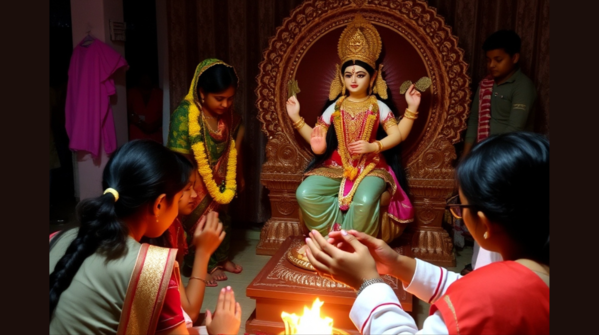
On wisdom
Sarv Mangal Mangalye Shive Sravartha Sadhike Shranayay Triyambike Guri Narayani Namostute..!!
The verse "Sarv Mangal Mangalye Shive Sarvartha Sadhike, Sharanye Triyambake Gauri Narayani Namostute" is a powerful mantra dedicated to Goddess Durga. It praises her as the embodiment of all that is auspicious (Sarv Mangal Mangalye) and as the one who fulfills all desires (Sarvartha Sadhike). She is the protector of those who seek refuge in her (Sharanye) and is addressed as Triyambake, the three-eyed goddess, representing wisdom, will, and action. The mantra concludes with reverence, offering salutations to Gauri Narayani, the divine mother who nurtures and protects.
Millie Bobby Brown's 'Papa' from 'Stranger Things' officiating her wedding is the best thing on the internet today
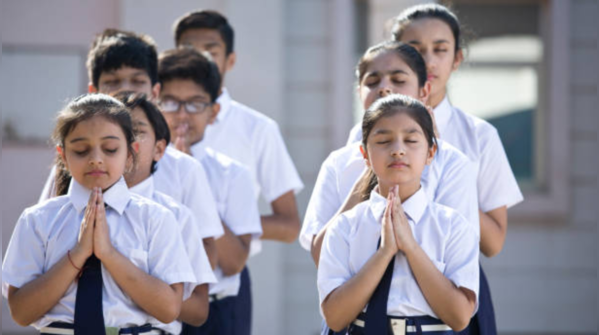
On gratitude
"Yaa devi sarva bhuteshu, buddhi rupena sangsthita, mamastasyai, namastes, namastasyai, namo namaha”
The verse "Yaa devi sarva bhuteshu, buddhi rupena sangsthita, Namastasyai, namastasyai, namastasyai, namo namaha" praises the divine feminine energy, Goddess Durga. It acknowledges her presence in all living beings in the form of buddhi (intellect or wisdom). The repetition of "namastasyai" expresses deep reverence and gratitude to the goddess for bestowing wisdom, discernment, and understanding. This reflects the belief that the goddess is omnipresent guiding them through their intellect.

On well-being
“Ripavah sankshayam yaanti kalyaanam chop padyate, Nandate cha kulam punsaam maahaatmyam mam srinu yaanmam”
The verse "Ripavah sankshayam yaanti kalyaanam chop padyate, Nandate cha kulam punsaam maahaatmyam mam srinu yaanmam" emphasizes the power of listening to divine glories. It explains that by hearing the greatness of the Divine (here, likely referring to Goddess Durga or a similar deity), enemies are destroyed (ripavah sankshayam yaanti), and prosperity and well-being (kalyaanam) are attained. The verse further states that one's family or lineage (kulam) flourishes and experiences joy. The shloka invites devotees to listen to the divine's greatness.

To beat fear
“Shanti karmani sarvatra tatha duh swapna darshane, grah pidaasu chograsu maahaatmyam srinu yaanmam”
The verse "Shanti karmani sarvatra tatha duh swapna darshane, Grah pidaasu chograsu maahaatmyam srinu yaanmam" highlights the powerful effects of listening to divine glories. It suggests that by doing so, peace (shanti) is attained in all activities (karmani), and bad dreams or nightmares (duh swapna) are dispelled. Additionally, the verse states that troubles caused by unfavorable planetary influences (grah pidaa) and other intense sufferings can be alleviated.
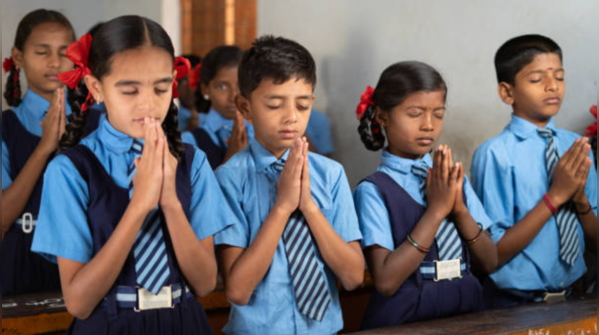
On prosperity and abundance
“Om Sarva Badha Vinirmukto Dhan Dhanya Sutanvita Manushyo Mat Prasaden Bhavishyati Na Sanshayah”
The verse "Om Sarva Badha Vinirmukto Dhan Dhanya Sutanvita, Manushyo Mat Prasaden Bhavishyati Na Sanshayah" is a powerful affirmation invoking divine blessings. It expresses the assurance that by the grace of the divine, one will be liberated from all obstacles and difficulties (Sarva Badha Vinirmukto). The verse emphasizes prosperity and abundance, suggesting that wealth (Dhan) and grains (Dhanya) will flourish, along with the blessings of offspring (Sutanvita). This mantra inspires confidence in the divine's benevolence and support.
